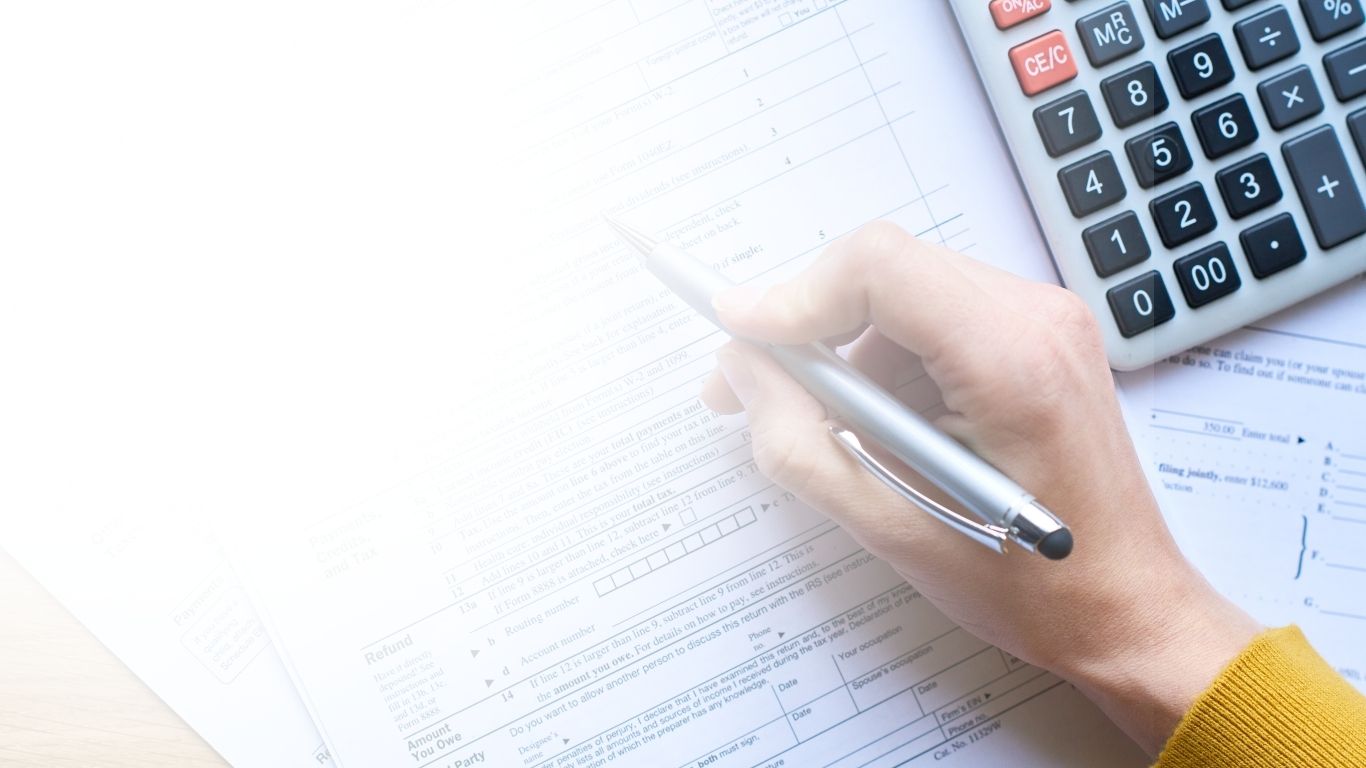In a recent press conference held on December 16, 2024, the Indonesian government announced a significant tax policy change. Starting January 1, 2025, the Value-Added Tax (VAT) rate will increase to 12%. The decision, disclosed by the Minister of Finance, is part of the government’s broader welfare policy package.
The VAT hike aligns with provisions in the Law of the Republic of Indonesia. Specifically, Article 7 Section (1) of Law of the Republic of Indonesia Number 8 of 1983 regarding Value-Added Tax and Luxury-Goods Sales Tax, as amended by Law of the Republic of Indonesia Number 7 of 2021 regarding Harmonization of Tax Regulations. These laws stipulate a gradual VAT increase from 10% to 11% (effective April 1, 2022), and ultimately to 12% no later than January 1, 2025.
During the 2021 legislative process, all political factions in the House of Representatives expressed support for the Harmonization of Tax Regulations Draft Bill, including the gradual VAT rate increase. However, they stressed the importance of supporting lower-income groups by continuing VAT exemptions on essential goods and services, including basic necessities, education, financial, and social services.
Starting January 1, 2025, the 12% VAT will apply to taxable goods, taxable services, and intangible taxable goods deliveries. Additionally, luxury goods and services previously exempt from VAT will now be subject to the 12% rate. Examples of such goods and services include:
1. Premium food items:
High-grade rice;
Premium fruits;
High-quality meat;
Expensive fish;
Premium shrimp and crustaceans.
2. Premium education;
3. Premium healthcare services;
4. Electricity for households with a power capacity of 3,500–6,600 VA.
To counterbalance the effects of the VAT increase, the government has introduced a six-part economic stimulus package. First, to support households, the government provides food or rice assistance for 16 million recipients for two months (January–February 2025) and VAT Borne by the Government (Ditanggung Pemerintah / DTP) subsidies for wheat flour, industrial sugar, and Minyakita cooking oil. The government also provides a 50% discount on electricity bills during January and February 2025 for customers with a power capacity of less than 2,200 VA.
Second, the government provides easy access to unemployment insurance benefits for workers facing layoffs. Third, to support Micro, Small, and Medium Enterprises (MSMEs), the government provides continued application of a final income tax rate of 0.5% on gross turnover and a full income tax exemption for MSMEs with annual turnover below IDR 500 million.
Fourth, to support labor-intensive industries, the government provides income tax subsidies for workers earning under IDR 10 million per month, assistance for machine revitalization to boost productivity, and subsidies covering 50% of employer's liability insurance.
Fifth, to support electric and hybrid vehicles, the government provides incentives for VAT DTP, luxury-goods sales tax DTP, and import duties. Particularly, for hybrid vehicles, the government provides luxury-goods sales tax DTP incentives of 3%.
Sixth, to support the housing sector, the government provides VAT discounts for home purchases under IDR 5 billion, with a 100% discount offered between January to June 2025 and a 50% discount from July to December 2025.
This article outlines the planned 12% VAT increase and the accompanying economic policy package introduced by the government. For further details or information on the technical aspects of the VAT hike, please feel free to contact Ideatax.


